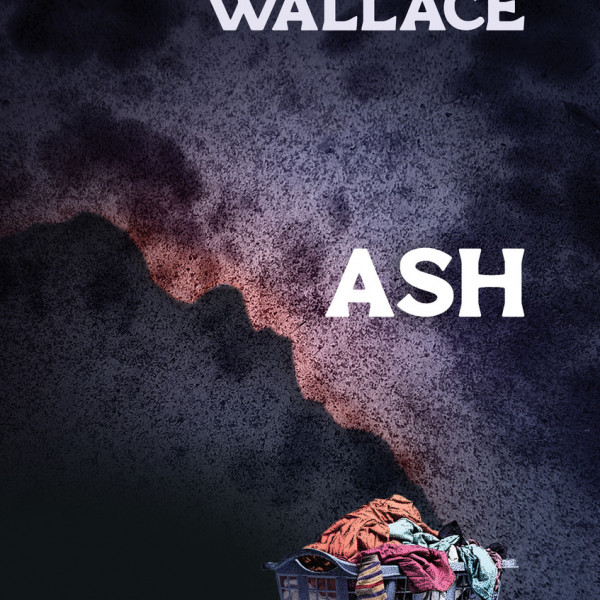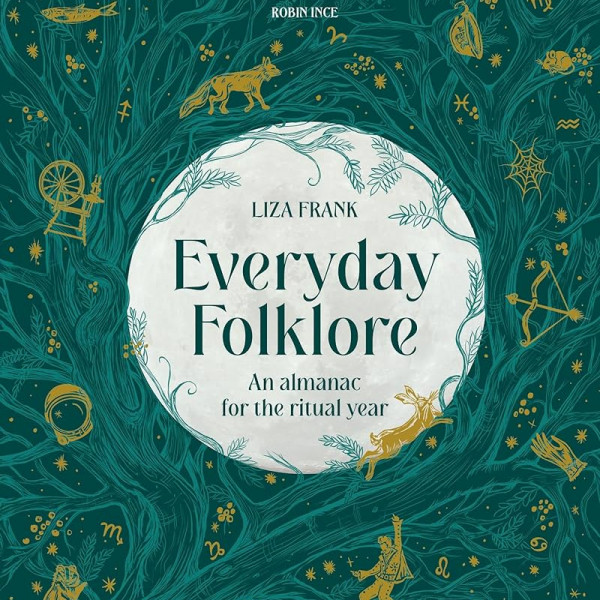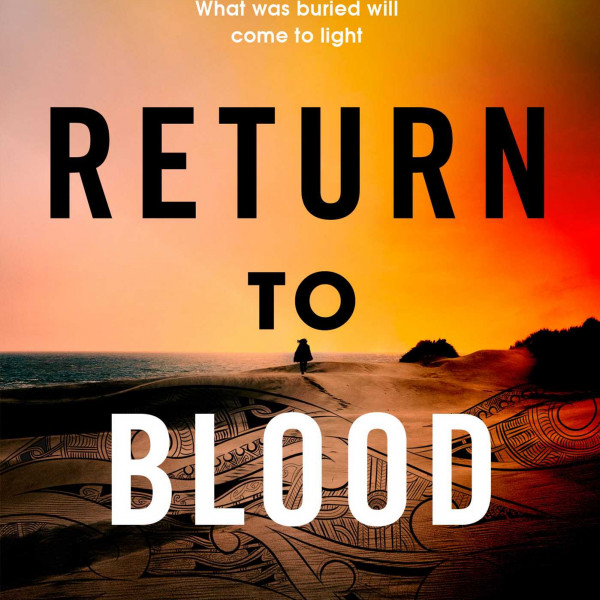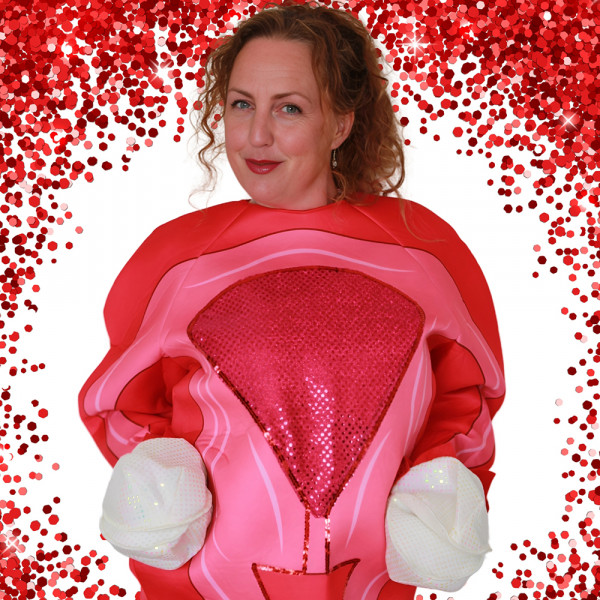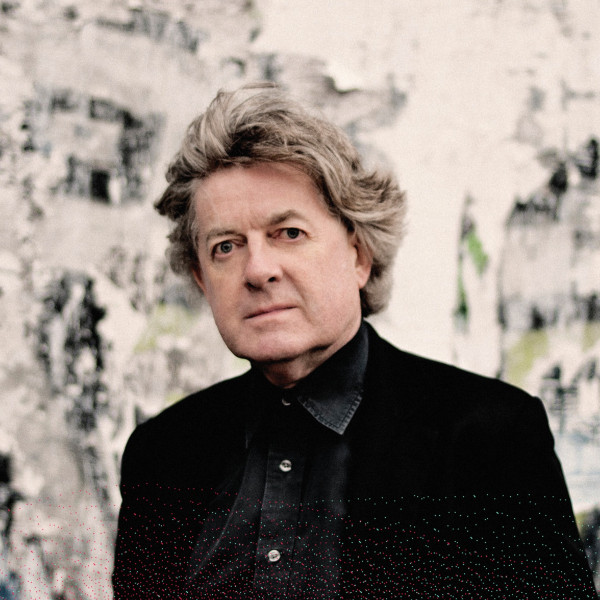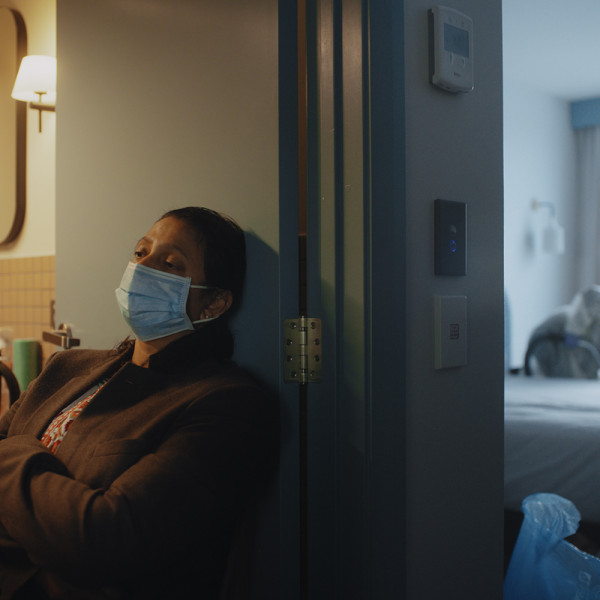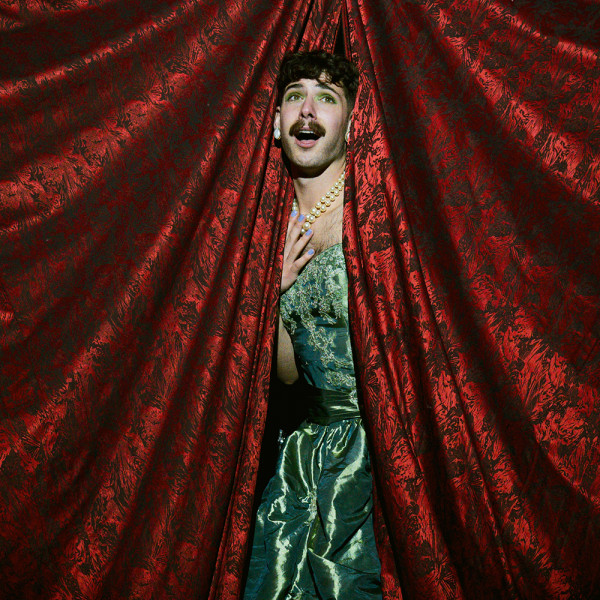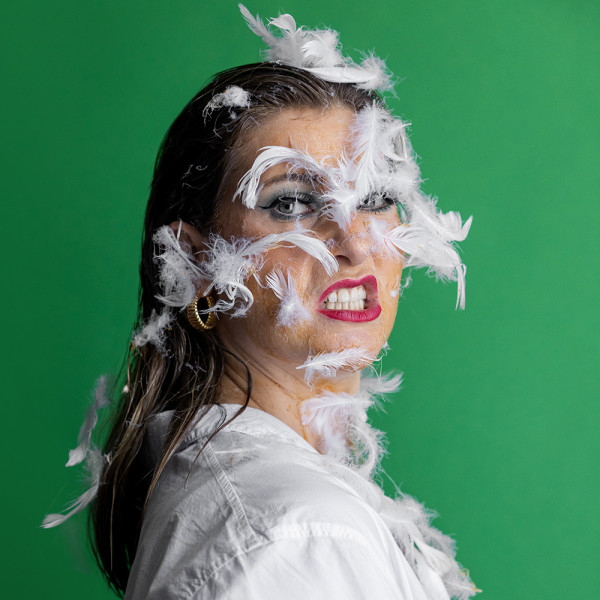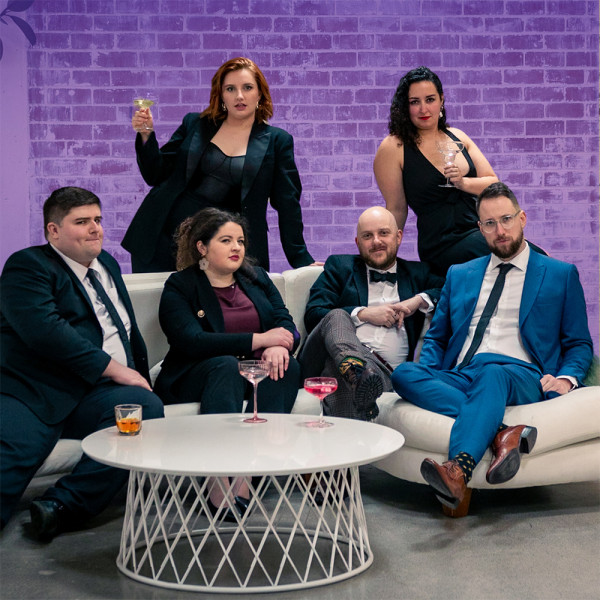
Confessions of a Sleepwalking Insomniac
Written by: Helen Vivienne Fletcher
Directed by: Emma Katene
BATS Theatre, 5th June 2024
Reviewed by: Stanford Reynolds
Based on playwright Helen Vivienne Fletcher’s own experiences, Confessions of a Sleepwalking Insomniac is a solo show about the challenges of living with parasomnia, a sleep disorder involving sleepwalking and night terrors. The character Briar, played by Pauline Ward, lives with this condition and is now also juggling a new relationship, a sick mother, and her best friend living on the other side of the world.
Ward uses excellent physicality to depict what Briar is going through. Dreams and nightmares are presented as palpably real as she somersaults across the stage, her sleeping mind consumed by visions. One particularly distressing scene shows Briar on the floor, panicking as she is unable to move, and Ward’s thoroughly convincing depiction of this moment is evocative and heartbreaking. At times Ward’s narration of the story is a little rushed, the character’s frenzy in relating her experiences losing some of the intent behind the lines, perhaps needing clearer demarcation between ideas to get them across. Similarly, the delivery of humorous moments in the script doesn’t initially engage the audience. However, as the performance continues, Ward’s interactivity is so compelling that her pleading and questioning elicits audible responses from the audience, who are gripped by the emotions of the character.
Mention must be made of the excellent sound design by director Emma Katene, as the tightly cued soundscapes add texture and believability to the events happening on stage. The boxes that make up the set are unified by a pastel palette, and colourful lighting (design by Kate Anderson) is also used effectively to accentuate changes between dream, nightmare, and the different characters that Ward embodies.
I highly recommend Confessions of a Sleepwalking Insomniac, a powerful play that provides a window into understanding the life of someone who experiences a sleeping disorder. The story is moving and imparts great insight. An excellent variety of accessible performances in the show’s season are also available.




